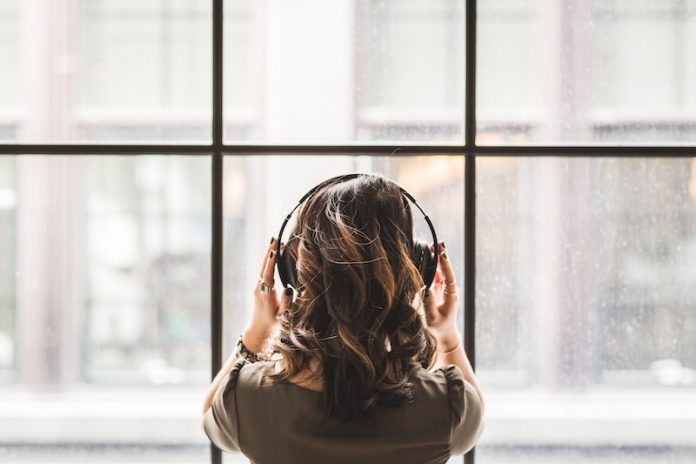We often see mental health as something that affects the younger generation, but it’s not something that necessarily goes away as we get older. There are plenty of seniors across the globe that are suffering from mental health conditions, both associated with their age as well as a lifetime of struggle. Music is able to help massively in these situations as well, and it’s amazing to see just how beneficial music can be to a whole range of conditions.
Music Therapy and Loneliness
Loneliness affects so many members of the older generation, and it has been linked to increased feelings of depression and anxiety. It can be hard to come to terms with and treat loneliness, but there is something that can help you out. Music therapy can be done as a group session as well as a private one, which means you can connect with like-minded people.
You spend the session using music to express feelings and work together in order to collaborate and come up with something great. However, if this is not your thing, there is also the option to listen to music while you draw or write with your group – providing a calm and relaxing environment in which to release pent-up emotion and engage in a therapeutic activity with others.
Music Therapy and Dementia
Dementia is something that affects a good part of the community as they get older, and it can be an awful experience for those who are suffering from it as well as their family. It can happen very quickly or over a period of time, and it can lead to sudden bouts of depression, rage, and disorientation. While difficult to cope with, music is actually able to help a lot.
Music therapy creates a relaxing environment that allows for free expression while playing music or listening to calming tunes. It can ease feelings of stress and anger, lulling sufferers into a more tranquil state of mind. As it is often a social activity, music therapy can also help to improve social interactions, as well as physical activity when sessions involve dancing.
It can even help with memory and cognitive function, either through the creation of music or playing association games to aid this. Playing music of significance to those with dementia can also help them to relive the memories that meant the most to them when they were younger, bringing them a sense of joy and allowing them to reminisce.
Music and Mental Health
There is also a general connection between music and mental health, and it has been used to ease the symptoms professionally for a while now. Listening to music with a calm and steady beat has been shown to reduce the amount of cortisol produced by the body, which is the hormone responsible for stress. In turn, it also lowers blood pressure and heart rate for even more calm.
Music has also been shown to increase dopamine levels, which is what makes us feel good when we perform tasks that we enjoy. This helps to boost your mood and leave you feeling a little brighter mentally – which is why it can be so great for helping depression. Just don’t listen to sad tracks, those have been shown to enhance the symptoms of depression.
To Conclude
We hope that this article has given you further insight into the ways in which music might be able to help you, or those that you love. Support is such an essential part of coping and recovering, which is why music therapy can be so beneficial. If you want to learn more about music and how it can benefit mental health – for younger and older people alike – we have a fantastic and detailed guide that you can read.






















